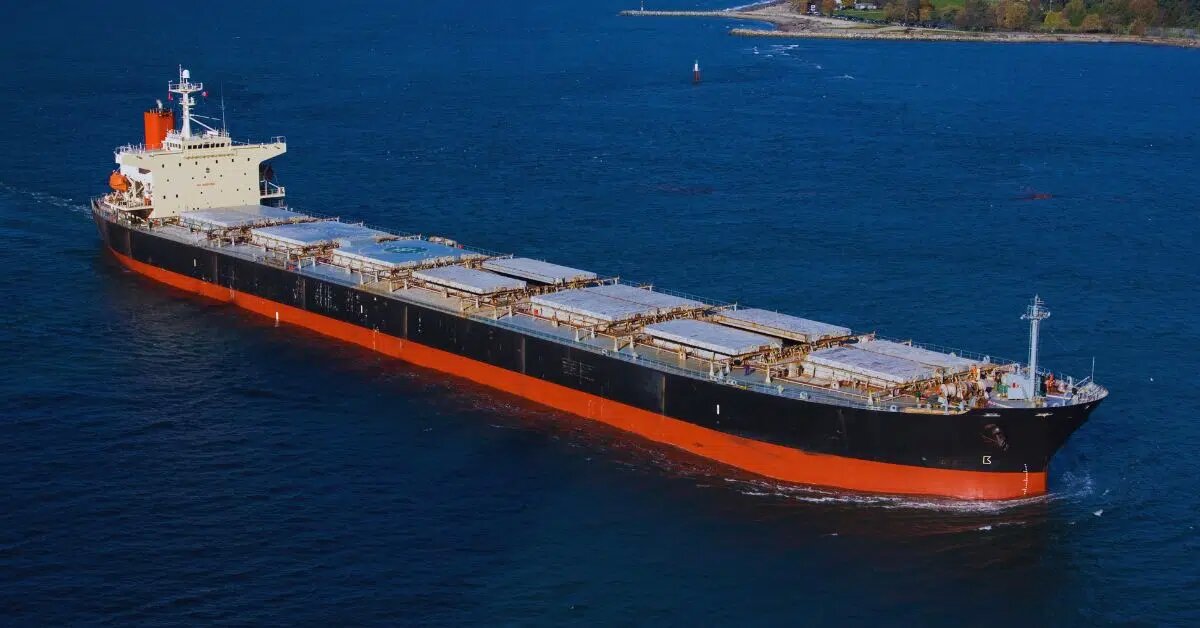During the latest IMO Marine Environment Protection Committee (MEPC) meeting, held from April 7–11, 2025, several new outputs were approved, including the development of a legally binding instrument on biofouling and the endorsement of guidance on in-water cleaning of ships’ biofouling.
The transfer of invasive aquatic species to new ecosystems by ships continues to pose a serious threat to the health of the world’s oceans and the conservation of marine biodiversity. Marine organisms transported via ships’ ballast water or attached to their hulls can survive in new environments, reproduce, and become invasive. These species often outcompete native marine life and may multiply to harmful levels.
Danish Shipping, which adopted a policy on biofouling management last year, welcomed the move toward a legally binding framework for the control and management of ships’ biofouling. Nina Porst, Director of Climate, Environment, and Safety at Danish Shipping, emphasized: “It is really good news that there is now a prospect of binding regulations on biofouling management. This will certainly help reduce the risk of our ships spreading invasive species harmful to marine environments.”
At MEPC 83, member states also approved a circular designed to promote clearer international standards for underwater biofouling management. It includes best practices and recommendations for shipping companies, regulatory authorities, equipment manufacturers, and other stakeholders.
Although these recommendations are currently non-binding, MEPC 83 made a critical decision to begin developing a legally binding regulatory framework over the next four years.
In the meantime, the 2023 Guidelines for the Control and Management of Ships’ Biofouling (resolution MEPC.378(80)) remain in effect, offering a globally consistent approach to biofouling management.
Nina Porst previously highlighted the importance of proactive measures: “There is a lot we can do to reduce the risk of transporting invasive species to vulnerable marine ecosystems. We recommend regular hull monitoring and cleaning using non-toxic, long-lasting coatings, as well as innovative hull designs and technologies. Our ships travel great distances, and we must ensure that we do not carry invasive species with us and harm marine ecosystems on our journeys.”
The IMO is also addressing biofouling through its GloFouling Partnerships Project, which is currently laying the foundation for a follow-up initiative. In May 2025, stakeholders will assess the lessons learned and explore the development of a successor project. This future initiative will emphasize long-term financing, enhanced regional cooperation, private-sector involvement, and alignment with the IMO-Norad TEST Biofouling Project.
Other topics discussed at MEPC 83 included engine certification for vessels using alternative green fuels, mitigation of underwater radiated noise, and the creation of a new “Emission Control Area” in the North-East Atlantic, planned for implementation in 2027.






